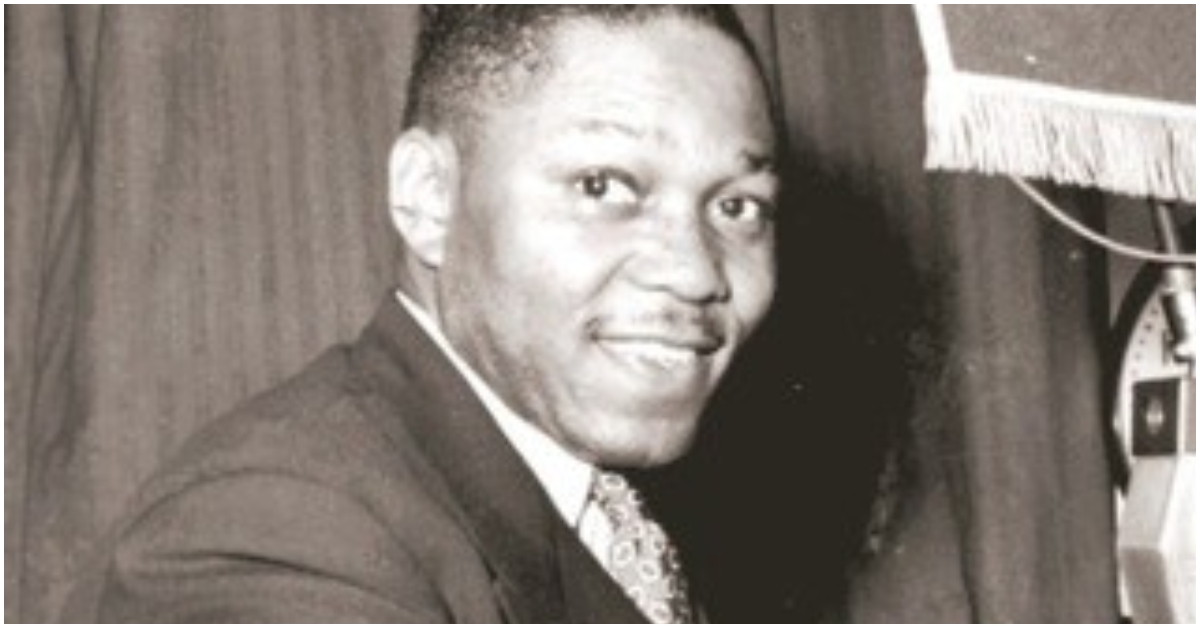In the annals of American broadcasting history, one name stands tall as a beacon of courage, determination, and the relentless pursuit of representation: WERD.
Founded in 1949 by Jesse B. Blayton, this groundbreaking radio station became the first to be owned and operated by an African American, shattering barriers and paving the way for a more inclusive media landscape.
The Visionary Behind WERD
Jesse B. Blayton was a trailblazer in his own right. Long before establishing WERD, he made history in 1928 by becoming Georgia’s first African American certified public accountant.
His entrepreneurial spirit and commitment to empowering the Black community were evident in his various endeavors, including co-founding the Mutual Federal Savings and Loan Association and serving as a professor at Atlanta University.
“Jesse Blayton Sr. opened the first Black-owned station, WERD, on October 3, 1949, in Atlanta. It wasn’t Blayton’s first time making history,” historical accounts note.
With a keen understanding of the power of media and a desire to amplify Black voices, Blayton acquired the 1,000-watt WERD radio station for $50,000, marking a significant milestone in the fight for representation and diversity in broadcasting.
A Voice for the Unheard
WERD’s impact extended far beyond its studio walls. Situated in the historic Prince Hall Masons Grand Lodge on Auburn Avenue, the station quickly became a hub for Black culture, music, and social activism.
Blayton appointed his son, Jesse Blayton Jr., as station manager, and together they assembled a pioneering team of on-air personalities and programmers.
“Jesse Blayton Jr. hired veteran disc jockey Jack Gibson as announcer and replaced the rest of the all-white staff with Black announcers. The station’s ‘Four Horsemen’ – Gibson, Joe Howard, Roosevelt Johnson, and Jimmy Winnington – played music and other programming of interest to Black listeners,” historical records reveal.
In an era when Black perspectives were scarce on mainstream media, WERD offered a diverse range of programming, including news, political commentary, and a wide array of musical genres, from gospel to rhythm and blues. The station’s commitment to amplifying Black voices and fostering cultural representation was unparalleled.
A Legacy Intertwined with the Civil Rights Movement
WERD’s influence extended beyond the realm of entertainment and into the heart of the civil rights movement. The Masonic lodge that housed the station also served as the headquarters for Dr. Martin Luther King Jr.’s Southern Christian Leadership Conference (SCLC) during the 1960s, solidifying WERD’s role as a vital platform for the dissemination of crucial information and advocacy.
“It has been said that King would bang on the ceiling with a broomstick when he wanted to make a public statement, and the WERD disc jockey upstairs would lower a microphone from the window above,” historical accounts note, painting a vivid picture of the station’s unwavering support for the movement.
Today, WERD’s legacy lives on through the efforts of preservationists like Ricci deForest, who have dedicated themselves to safeguarding the station’s rich history and ensuring that future generations understand the pivotal role it played in amplifying Black voices and fostering cultural representation in the media landscape.




